On the 13th January, Issa Rae, the creator and star of HBO’s Insecure, announced the directing nominees for the 92nd Academy Awards. ‘Congratulations to those men,’ Rae jibed as the names of the depressing all-male line-up loitered on the screen.
On the 13th January, Issa Rae, the creator and star of HBO’s Insecure, announced the directing nominees for the 92nd Academy Awards. ‘Congratulations to those men,’ Rae jibed as the names of the depressing all-male line-up loitered on the screen. Moments like this have appeared more frequently over the past few years. At the Oscars in 2018, presenter Emma Stone proclaimed ‘These four men and Greta Gerwig created their own masterpieces this year’ shortly before revealing the (not-so-surprising) male winner. A few months prior, Natalie Portman, at the Golden Globes, prefaced her announcement with ‘And here are the all-male nominees’. Routinely, presenters, notably actresses, have taken their moment on stage to voice the frustration at the numbing lack of female nominees amongst what the academy denotes as the year’s best, as worthy and important.
In 2015, Maureen Dowd’s piece for The New York Times called ‘The Women of Hollywood Speak Out’ hit the newsstands. The article was built on interviews with around 100 women who worked in the film industry from directors, to actors, to writers, and producers. It’s spark? The routine elevation of male filmmakers to the big leagues while female filmmakers are left clambering for recognition from the industry at large. Specifically, the news that Colin Trevorrow’s admirable, but average, debut indie comedy Safety Not Guaranteed had yielded a coveted gig: to direct Jurassic World with a $150 million budget. It was then followed by news that he would helm the ninth Star Wars movie (something that would not actually materialise). As Dowd wrote, ‘That kind of leap — from indie to blockbuster — is almost exclusively reserved for young guys in baseball caps who remind older guys in baseball caps of themselves.’
Wedged in amongst the other quotes was writer and director Marielle Heller. ‘In some ways, I think women are perfectly primed to be directors,’ she told Dowd, about the nurturing required by actors on sets. Her debut, The Diary of a Teenage Girl, had premiered at Sundance that past January to strong reviews, earning it a ‘fresh’ 95% on aggregate site Rotten Tomatoes. The film followed Minnie (a jubilant and doe-eyed Bel Powley) as she begins a journey of sexual discovery in San Francisco during the seventies. It took what could have been a tricky and challenging story, that saw Minnie, a 15-year-old, enter her first sexual relationship with Monroe (Alexander Skarsgård), a significantly older man. It allowed Minnie agency and feminist authorship of her own story that lent the film a mature and fascinating vantage point.
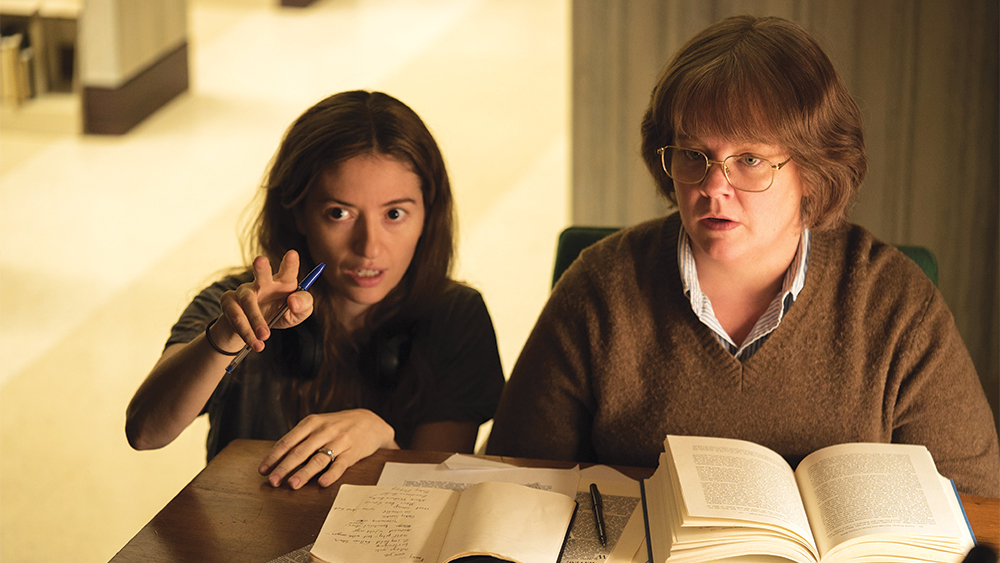
Now, five years after that debut, and the article, Heller has released two films within a year of each other. Can You Ever Forgive Me?, her sophomore feature starred Melissa McCarthy as Lee Israel and premiered at the Telluride Film Festival in 2018. A story of loneliness filled with wit and darkness dealt with an acidic queer writer in self-orchestrated isolation who begins forging notes by famous writers. It deftly honed in on the fragments of Israel’s isolation that resonated deeply with audiences and critics. Richard Brody called it a ‘movie of endings, a mournful film, suffused with an air of doom’ in The New Yorker. While Emily Yoshida wrote, for Vulture, it was ‘one of the most visceral depictions of loneliness seen in a while.’
Her third feature, A Beautiful Day in the Neighbourhood, has its roots in that 2015 article. Heller, at a children’s birthday party, found herself in conversation with Tom Hanks (Heller was close with Hank’s son, Colin). It had not been long since the publication of Dowd’s piece, and Hank’s had been moved by it. So began a series of events that led to kismet: Hanks, a powerfully empathetic actor, working with Heller, a powerfully empathetic director.
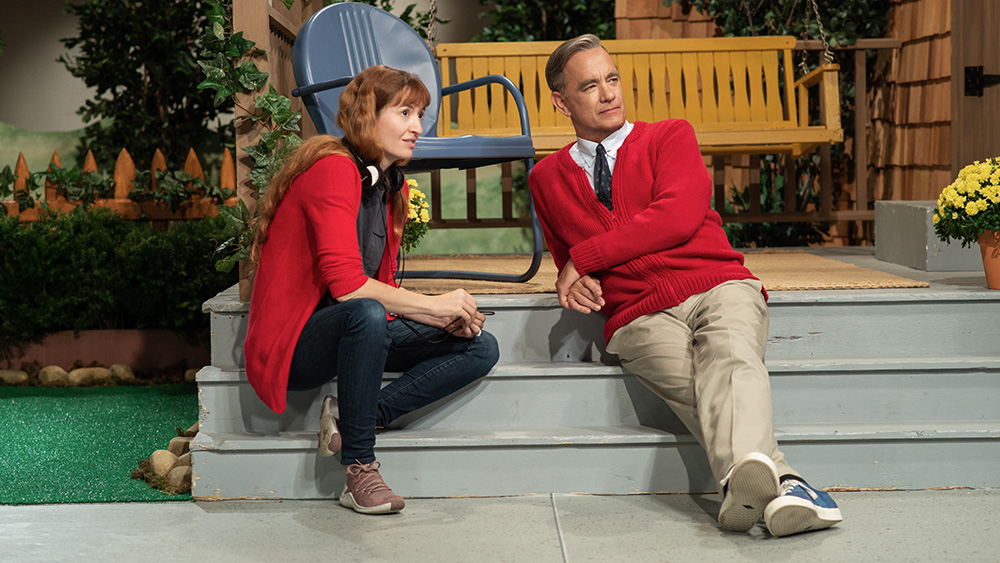
A Beautiful Day the Neighbourhood is a quintessential Heller film. It’s an exploration of people and the complex nature of good and bad. It’s about forgiveness, nihilism, daddy issues, family, kindness, cynicism, and rage. It’s driven by a stormy performance from Matthew Rhys as a journalist assigned to interview Mister Rogers (Hanks) and is visually compelling, quirky, and vibrant. At its core though is Heller’s profound empathy, something that reigns in all her films. An anthropologist of the human condition, finding every shade and facet of her characters, Heller creates a greying portrait of manhood, of forgiveness, of the aggressions we hold inside us.
In 2020, Heller is one of many female filmmakers that have been overlooked and ignored by The Academy, but there is something about her omission that feels so glaring. Not only did she direct Hanks to his first Oscar nomination in twenty years but there is something in her style of filmmaking that stands face-to-face with ‘the old guard’. Her brand of filmmaking is emotional without melodrama, wit without cruelty, nuance without broad strokes. It’s what allows a saintly American icon of children’s television, a sour queer woman, and a euphoric teen on the precipice of sexuality equal space and importance.
Smaller films, bathed in compassion and understanding, are ignored when they’re showcased next to the machismo and violence displayed by this year’s directing nominees. It’s what denied Gerwig a nomination for her masterful helming of Little Women, it’s what kept Lorene Scafaria’s Hustlers off the board entirely, and it’s what keeps Heller from taking her rightful place as one of the most talented and consistent directors working today. Against the barrage of war films, violence porn, and movies about fucking cars we need to refocus our attention. We should turn our eyes away from the deeply repetitive boredom of awards season sexism and put in the legwork, start conversations about the merit and style these filmmakers demonstrate, and people will have to listen. So folks, with that in mind, it’s time to talk about Marielle Heller.
Also Read: The Biggest Financial Film Flops


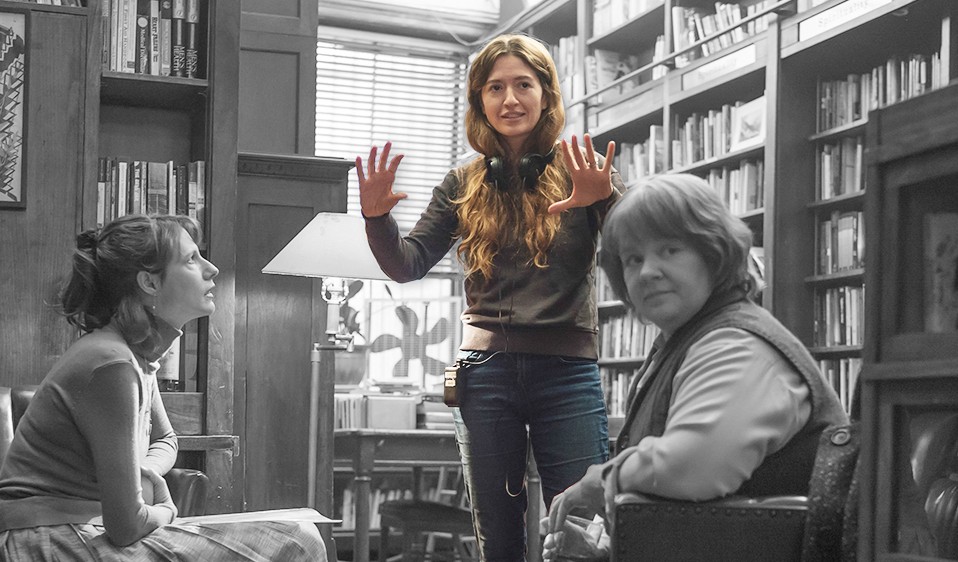
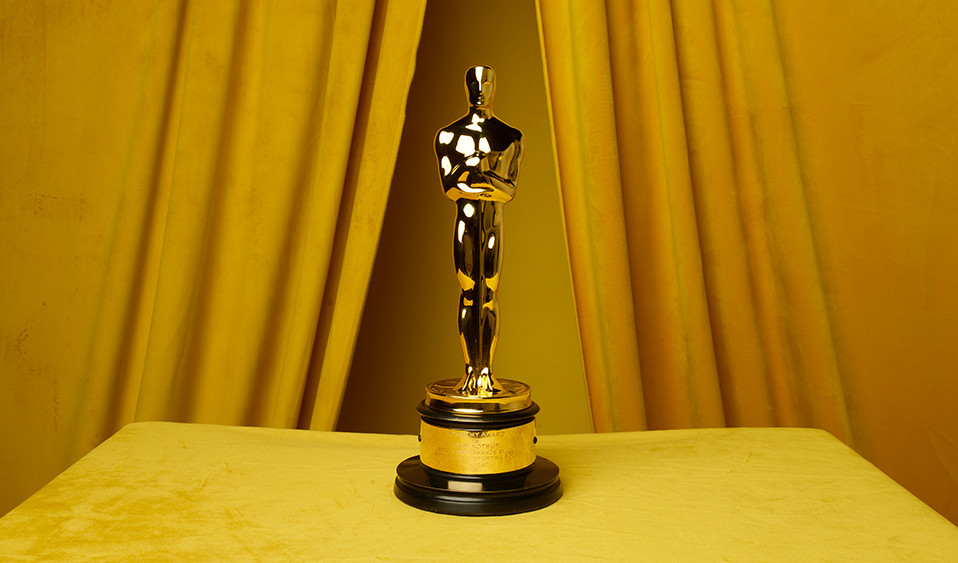
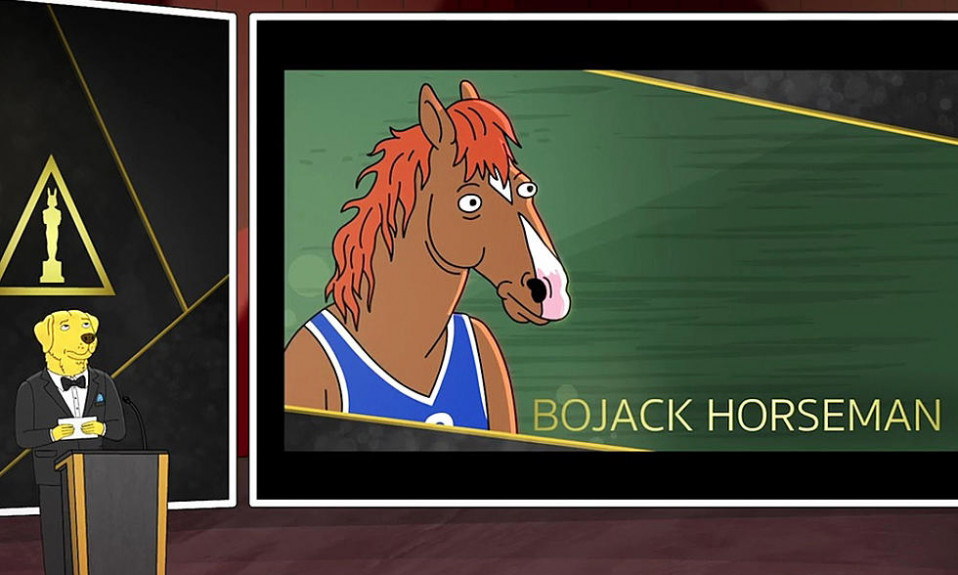
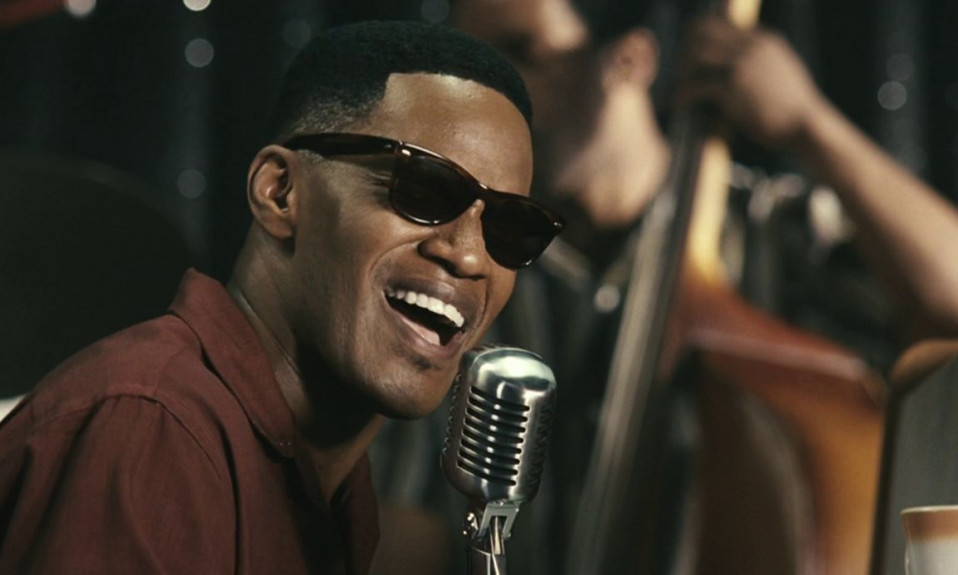








1 Comment
Comments are closed.